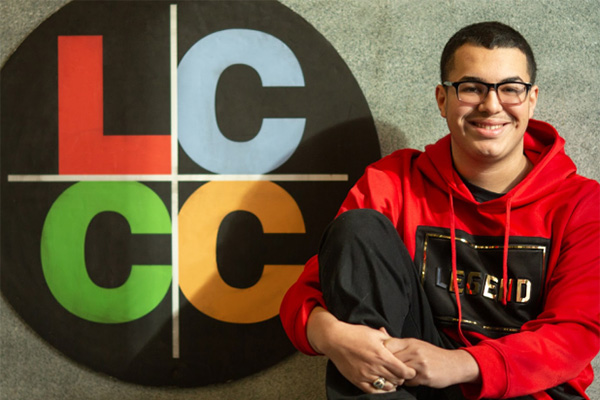Medical Laboratory Technician A.A.S
What is an Associate Degree in Medical Laboratory Technician A.A.S.?
This program is intended to educate technicians for work in clinical, diagnostic laboratories. Medical Laboratory Technicians performs tests under the direction of a physician who specializes in diagnosing the causes and nature of disease.
This program is offered through a shared agreement with Montgomery County Community College (MCCC) and Reading Area Community College (RACC). General Education coursework is completed through Lehigh Carbon Community College. Program-specific coursework is completed through either MCCC or RACC. Program requirements, acceptance, and conferral of degree are owned by either partner institution. Students that complete through the shared agreement can pay in-county rates at the respective school as long as they are a resident of Lehigh, Carbon, or Schuylkill County and sign up with LCCC.
Medical Lab Technician Courses
Your medical lab technician courses will prepare you for success in either a future career or when pursuing a four-year degree. In this program, you’ll take classes like:
- Anatomy and Physiology I and II
- Introduction to Microbiology
- Clinical Chemistry
- Hematology

